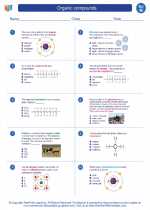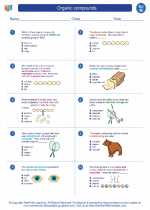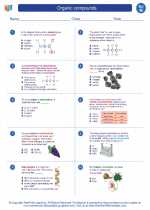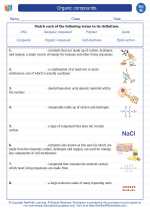Genes
Genes are the basic unit of heredity in living organisms. They are made up of DNA and are responsible for the traits that are passed down from parents to their offspring.
Structure of Genes
A gene is made up of a specific sequence of DNA. This DNA sequence contains the instructions for building and maintaining an organism. Genes are located on chromosomes, which are found in the nucleus of the cell.
Functions of Genes
Genes play a crucial role in determining the traits and characteristics of an organism. They are responsible for traits such as eye color, hair color, height, and susceptibility to certain diseases. Genes also control the production of proteins, which are essential for the structure and function of cells.
Genetic Inheritance
Genes are passed down from parents to their offspring through the process of inheritance. Offspring inherit one copy of each gene from each parent, resulting in a unique combination of genes that determine their individual traits.
Genetic Mutations
Genetic mutations are changes in the DNA sequence of a gene. These mutations can occur spontaneously or as a result of environmental factors. Some mutations can lead to genetic disorders, while others may have no effect on the organism.
Study Guide
- What is a gene and what is it made of?
- Where are genes located in a cell?
- What role do genes play in determining traits?
- How are genes inherited from parents to offspring?
- What are genetic mutations and how do they occur?
Understanding genes is essential for comprehending the mechanisms of heredity and genetic disorders. By studying the structure, function, and inheritance of genes, we can gain insights into the diversity of life and the factors that influence genetic traits.
[Genes] Related Worksheets and Study Guides:
.◂Science Worksheets and Study Guides Eighth Grade. Organic compounds

 Worksheet/Answer key
Worksheet/Answer key
 Worksheet/Answer key
Worksheet/Answer key
 Worksheet/Answer key
Worksheet/Answer key
 Vocabulary/Answer key
Vocabulary/Answer key
 Vocabulary/Answer key
Vocabulary/Answer key
